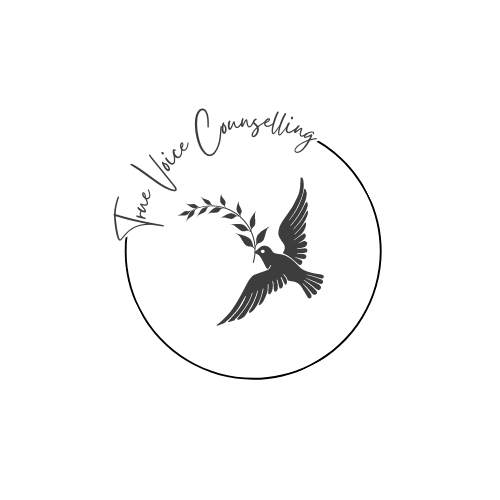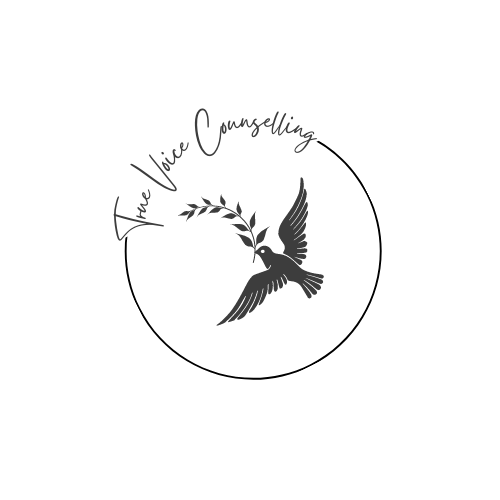What it Means to Trust the Process
You may have heard the wise advice, ‘trust the process.’ If you haven’t, it’s a phrase we use in therapy, and it’s a helpful way to remind therapists and their clients to check in on their expectations for healing and not let what they think should happen get in the way of the process that is happening.
As clients, allowing our process to unfold in its deeply personal way can be really challenging, especially when we are feeling overwhelmed or in pain and we desperately want it to stop. We therapists wish we could make it stop, too. Unfortunately, that is not how healing works. Healing takes time. If we try to rush the process or aim for a certain outcome we can get in our own way. This is because, often, what we are seeking to get by going to therapy is not always what will enable us to heal.
We may come to therapy wanting to find a way to be invincible to what we are experiencing. We may think that therapy is only complete once we don’t struggle anymore or we are always happy. We may feel we must use the time in therapy to repent and punish ourselves in an effort to right the past. We may think that it is about working hard for that ideal outcome which we believe will keep us from suffering in life. We might be so convinced that something is wrong with us that we go on an endless search to expose all our faults so that we can one day become perfect and, therefore, we won’t get hurt.
Healing tends to look very different from all this. Healing could mean that rather than try to be invincible, we accept suffering as an inextricable part of life. Our challenges and vulnerabilities can be looked at as points at which to grow and form more intimate bonds with others through our shared human experience.
Rather than searching for happiness or seeking to make ‘negative’ feelings go away, healing can mean that we allow sadness, pain, and disappointment. We extend our range of feelings and emotions and learn how to practice being with our experience without getting overwhelmed by it. Being with the full range of our experience can allow for greater depth at both ends of the spectrum. We may feel our joy in much more profound ways and also our sorrows — this is what living more fully and wholly could mean.
Punishing ourselves to make our past mistakes right isn’t possible, nor is it constructive. The way we felt is the way we felt, and what we did is what we did. Healing can mean that rather than get down on ourselves for how we were, we change the lens through which we look at the past. We can try to look back with understanding and compassion. This can create more space to learn from and care for the younger versions of ourselves. We can care for those versions within ourselves in ways we could have needed in the past. It involves remembering that we could only work with what we knew at that point in time. We can always forgive ourselves for not knowing sooner to release some of the heaviness of the past.
Healing can mean that rather than work hard for an ideal outcome, we instead focus more on what is good now. How we already have grown and are growing still. We can appreciate all the steps that led us to where we are at this time. We can be proud of ourselves for how far we have come while still holding what we know will help our future selves get more out of life. Sometimes, it’s about finding contentment —not in what is perfect, but in what is good enough.
Instead of going on an endless search for what is wrong with us, healing can mean shifting the focus to what is right with us. It can mean learning how to hold both sides of ourselves and others. You won’t ever be perfect, but no one is, as there isn’t even one view of perfection. Perhaps it’s not so much about making right what is wrong but about learning how to feel wrong without acting as if it’s true.
When we say ‘trust the process, ’ it means not expecting ourselves to arrive at something preconceived that isn’t necessarily for us. In other words, we may go into therapy expecting healing to look a certain way when that’s not a means to move forward. We may define ‘healthy’ in a way that doesn’t fit with what health looks like for us. Trusting the process means that we allow our process to unfold as it is and needs to, not in the amount of time or way we necessarily expect or think that it ‘should’.
I invite you to consider what you have expected or thought healing ‘should’ look like.
According to whom does your healing need to look that way?
Is it healing if it reinforces the beliefs that are hurting and holding you back?
How can you get to know what healing means for you and you alone?
Through trusting the process, we open up possibilities for what else could be, but we have to stop trying to constrain it with what we think it should be. Your growth doesn’t need to be obvious or match someone else’s process in order to be happening. It’s happening in your own personal, beautiful way.

